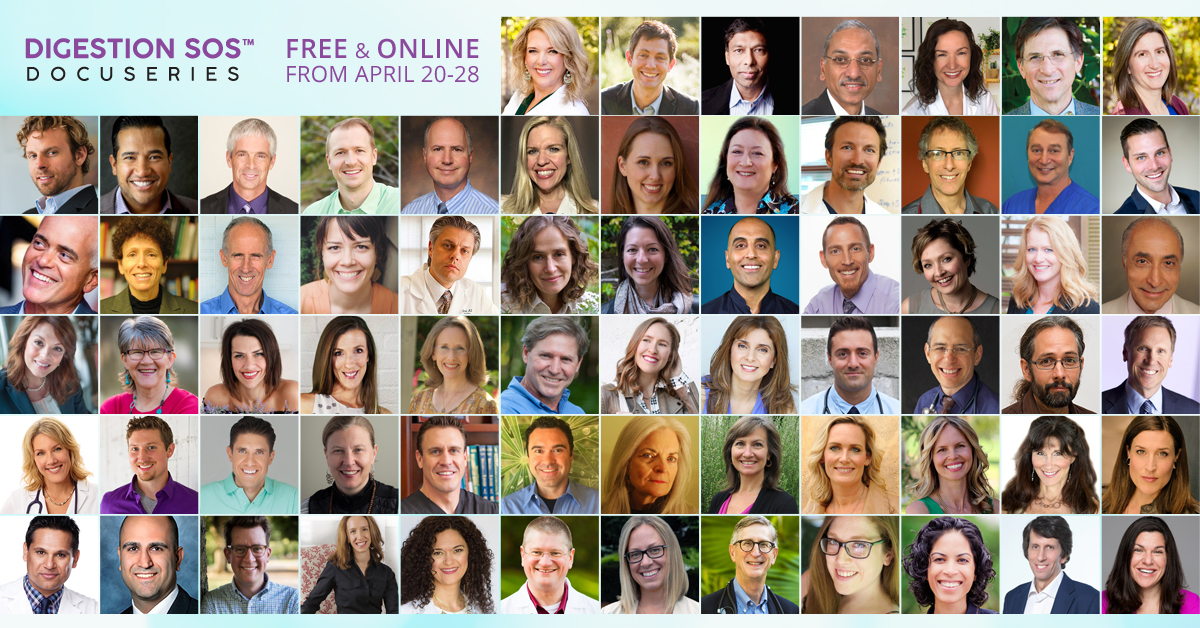Safe Levels of Intake
The first thing you need to know about the debate relates to the amount of caffeine you are taking in. If you are a moderate to heavy caffeine drinker then you will likely be told to lower that in take to a safe level for fertility. A safe level is around 200 to 300 milligrams per day. Though the ideal is lower, the safe zone does not exceed 300 milligrams. Since coffee shops and coffee brands differ, you will need to look at the nutrition facts on your coffee to determine how many cups a day this equals for you. Remember, a normal serving size of any drink is around eight ounces.
Cold Brew for Acid Reduction
Acid intake in drinks is another reason there is a huge debate regarding caffeine in the diet for fertility issues. Most drinks that contain a high amount of caffeine also cause a high amount of acid to enter the system. If you are a huge coffee drinker, consider a cold brew alternative. The caffeine is usually lower and the acid is all but gone from the drink when cold brew methods are used. You can still heat up the finished product.
Replacement Options that May Help Fertility
If you are concerned about the level of caffeine and you want to do something that will help reduce your amount, consider replacement alternatives. For example, switching from coffee to hot tea is an ideal option since the tea can be dosed out in easier more accurate amounts. Also consider lowering the amount you are taking in, no caffeine options, and half calf options.
Going Cold Turkey
Going cold turkey is a huge debate in the caffeine and fertility world. Going cold turkey can cause problems like severe headaches, nausea, and digestion issues. If you do decide to remove rather than reduce the amount of caffeine in your diet make sure you know the risks and side effects that can affect your overall health plan and routine.
Keep in mind that everyone is different. Everyone has different fertility issues and needs. Before you keep caffeine in your diet, make sure you have a final consultation with your nutritionist. Also remember, there are varying options to decrease your intake or to replace your coffee if you want to take the no caffeine route.




